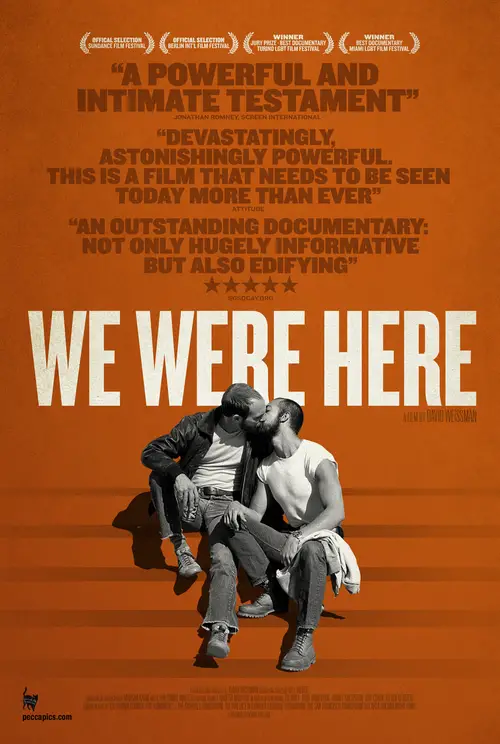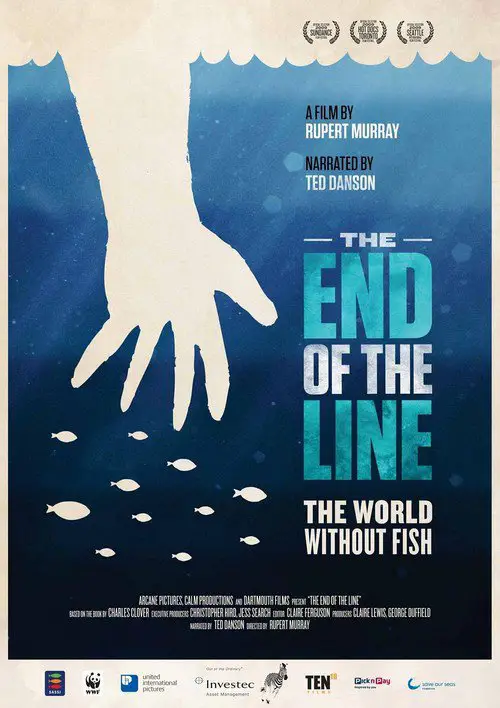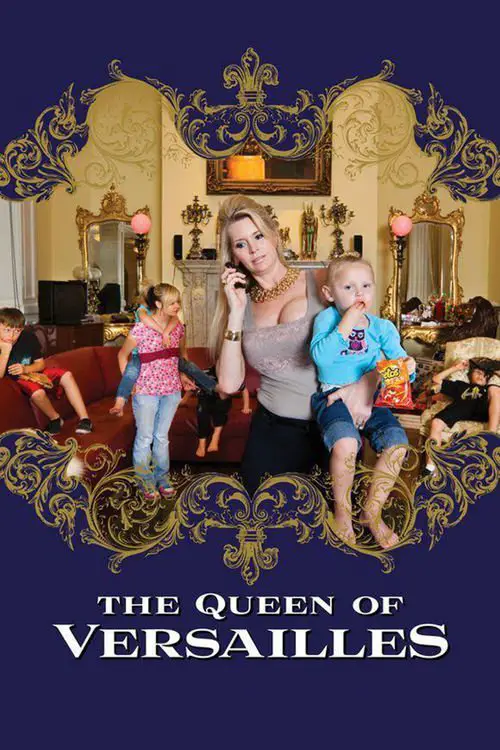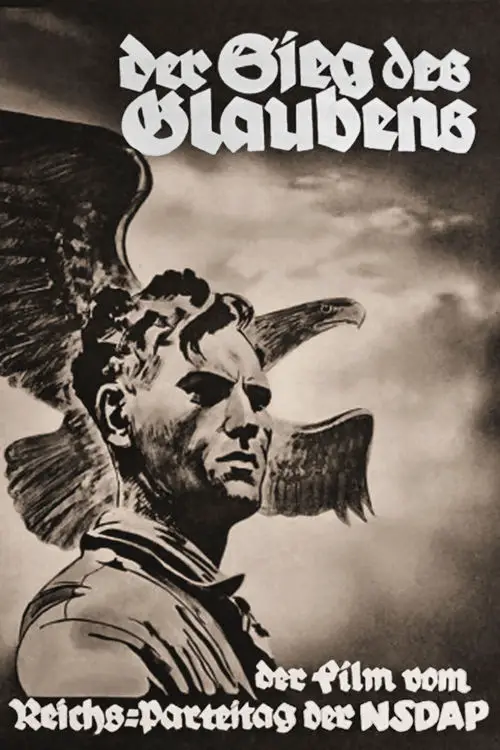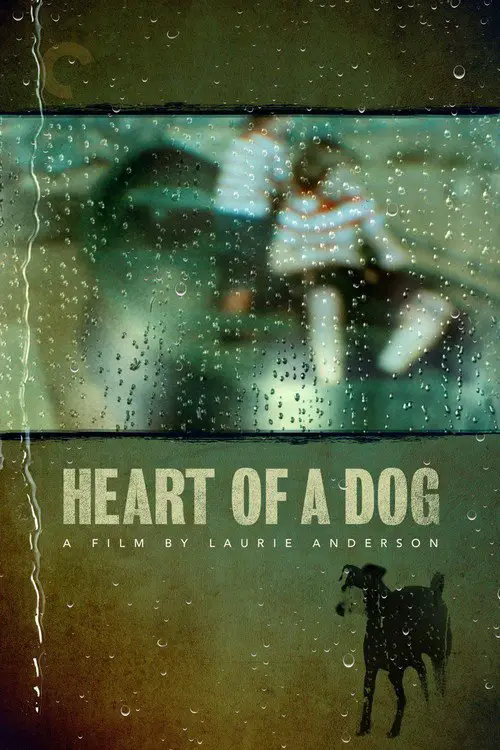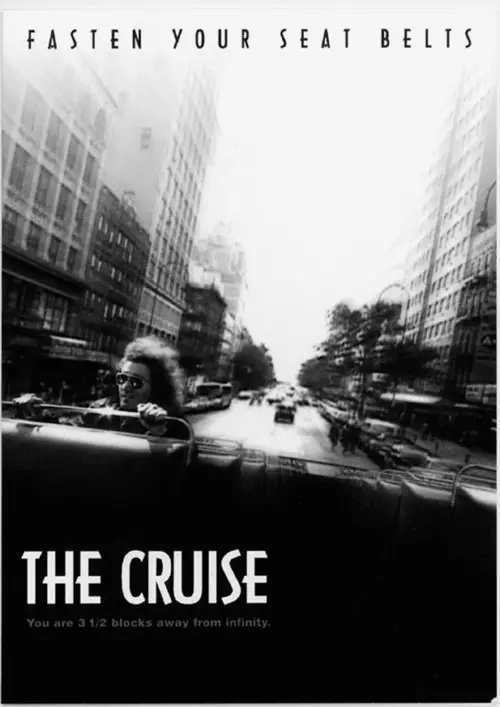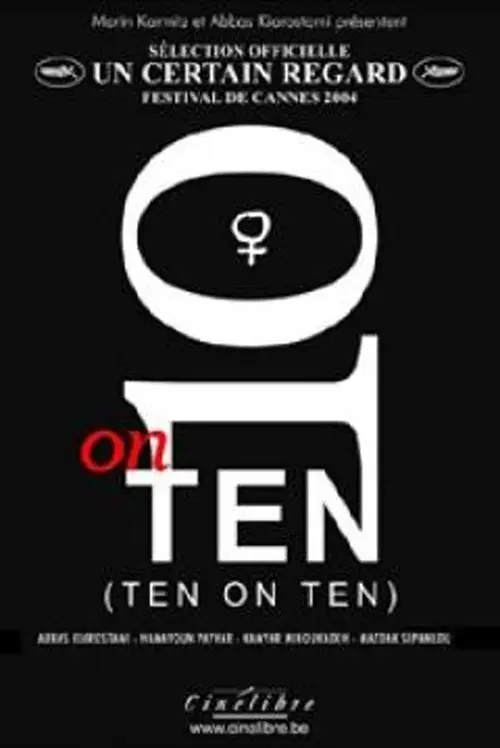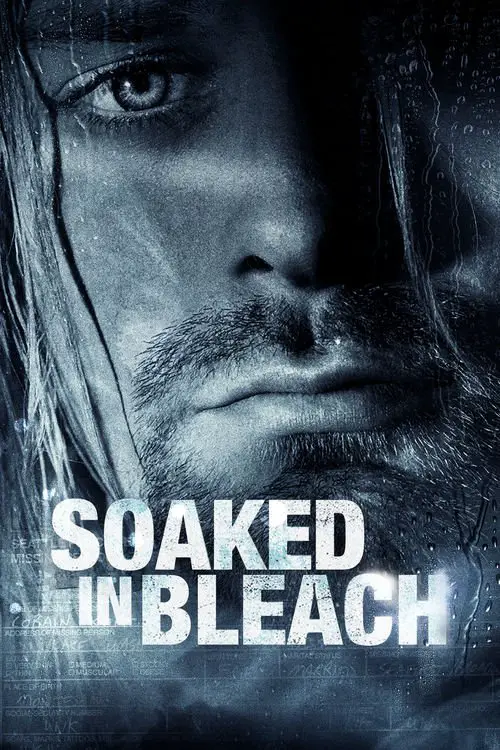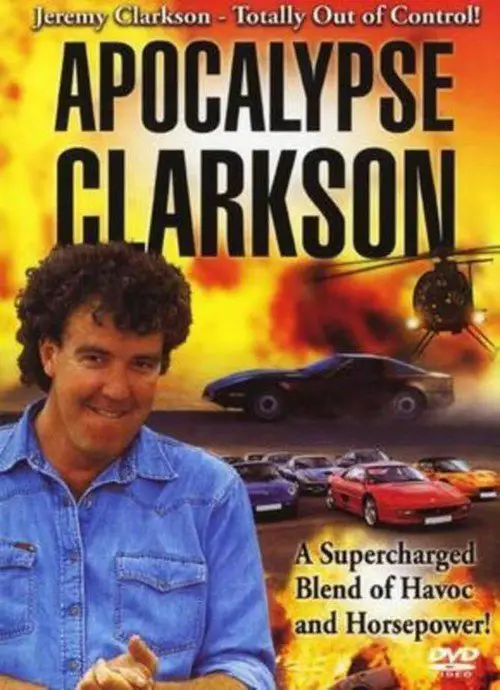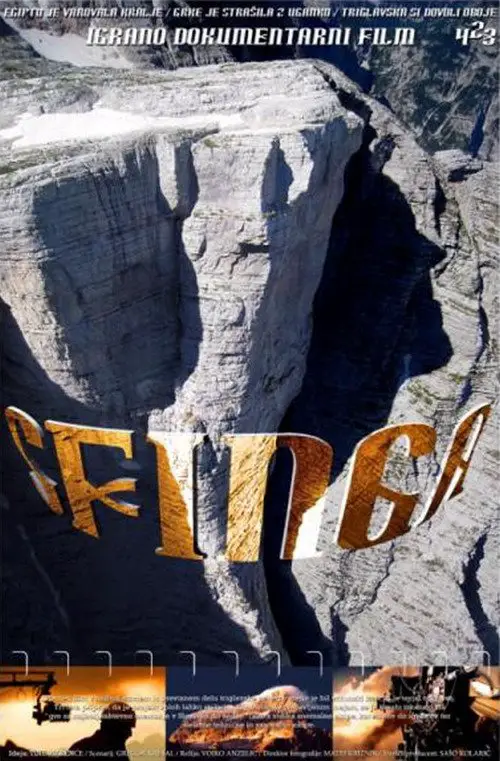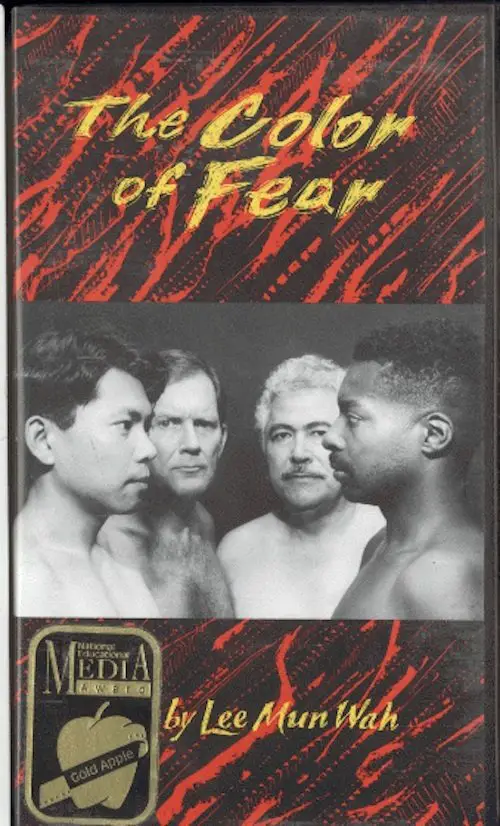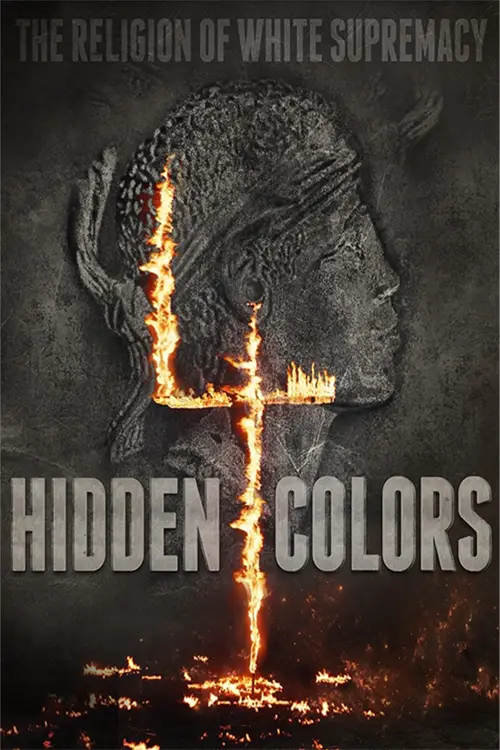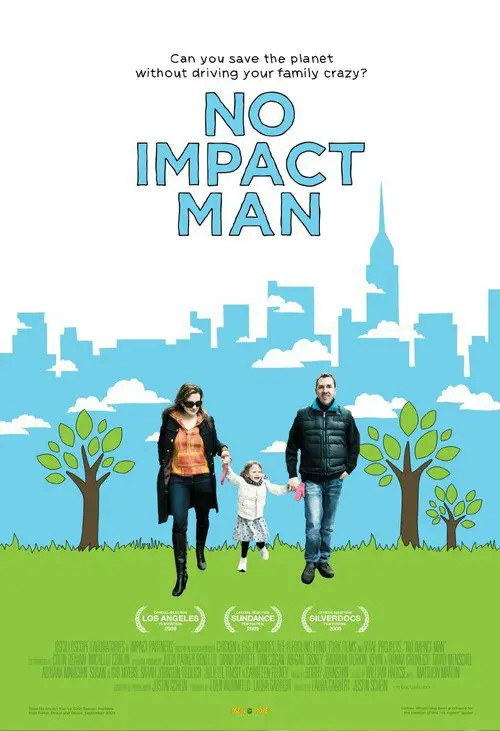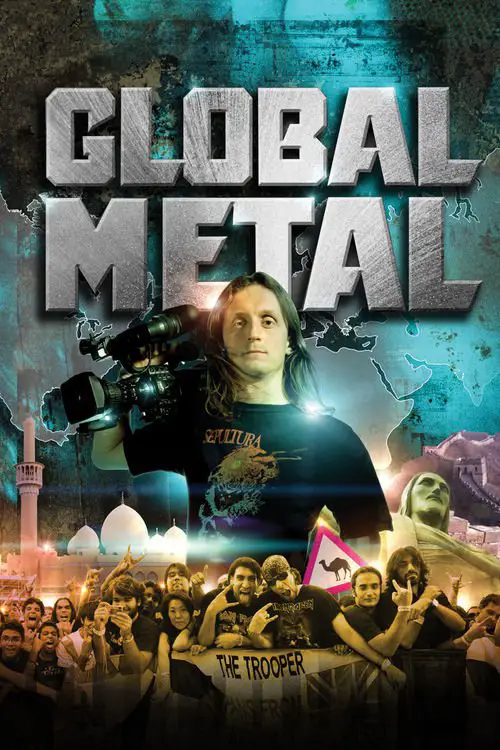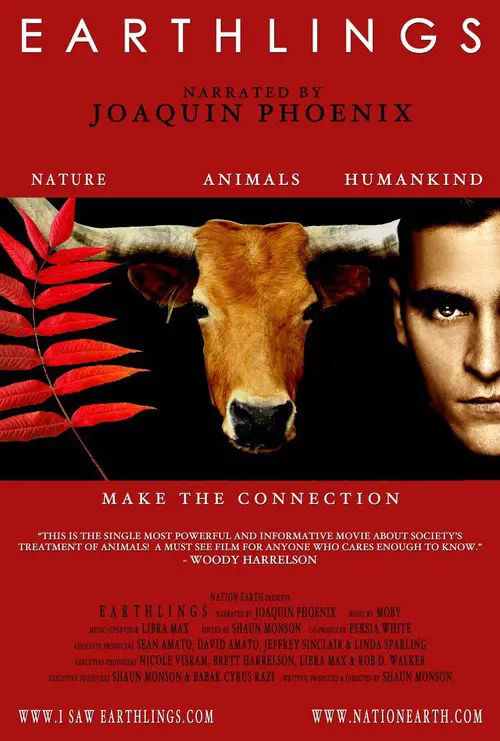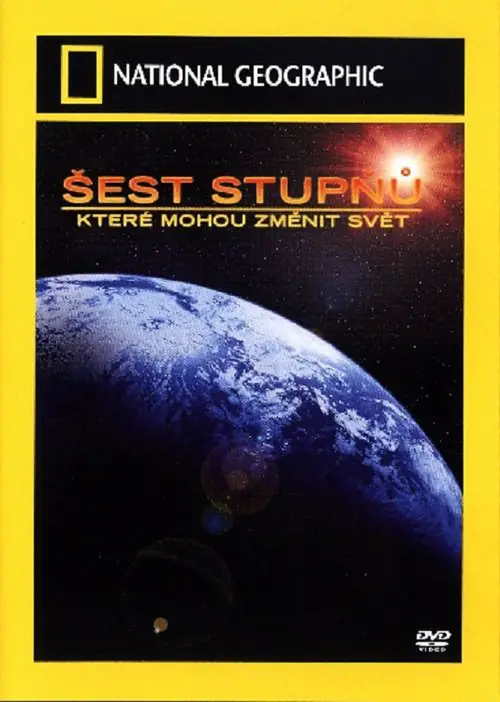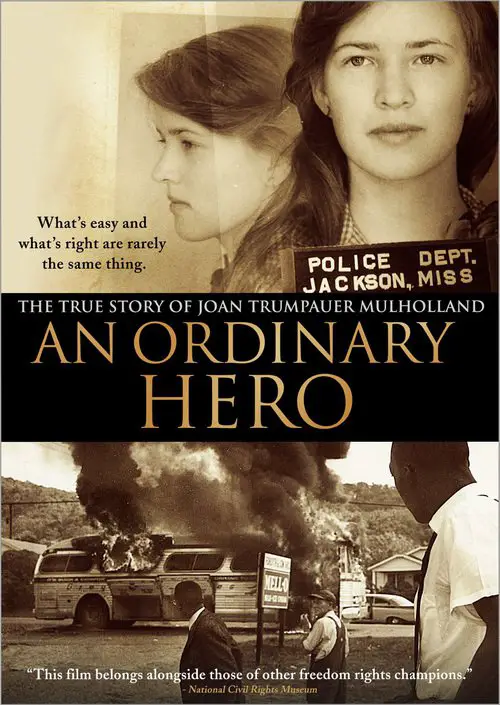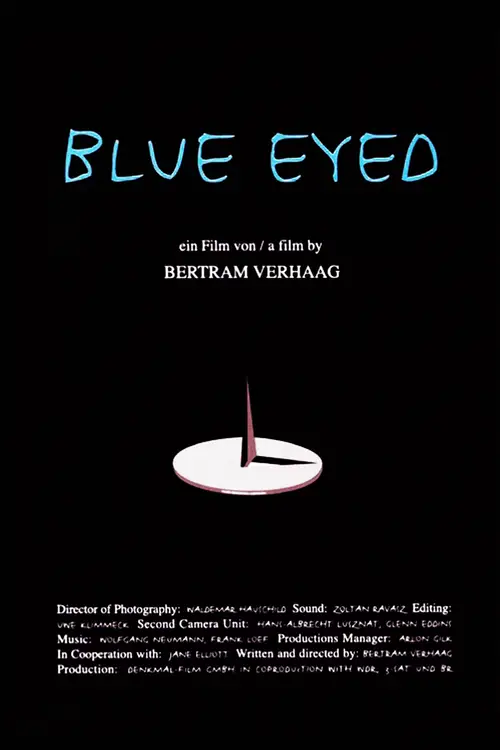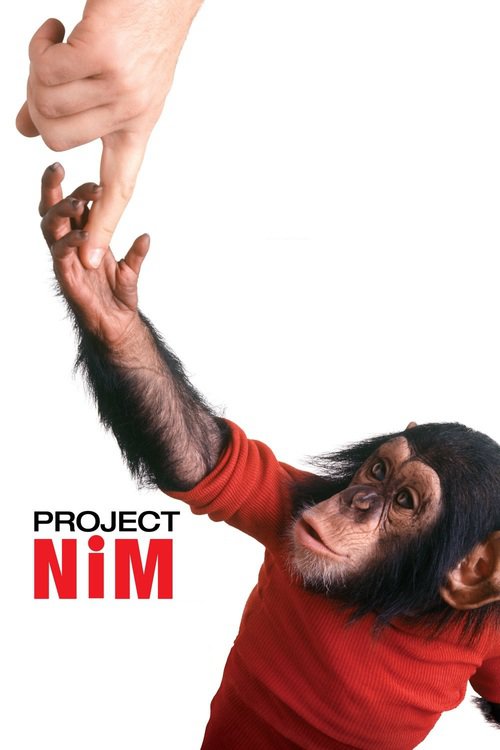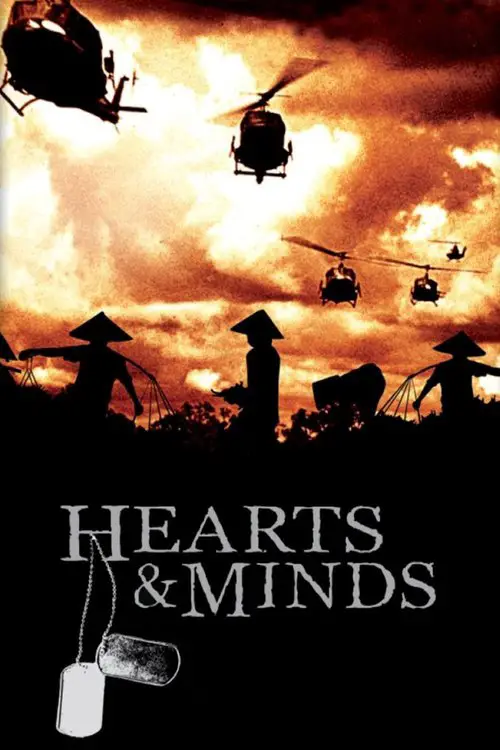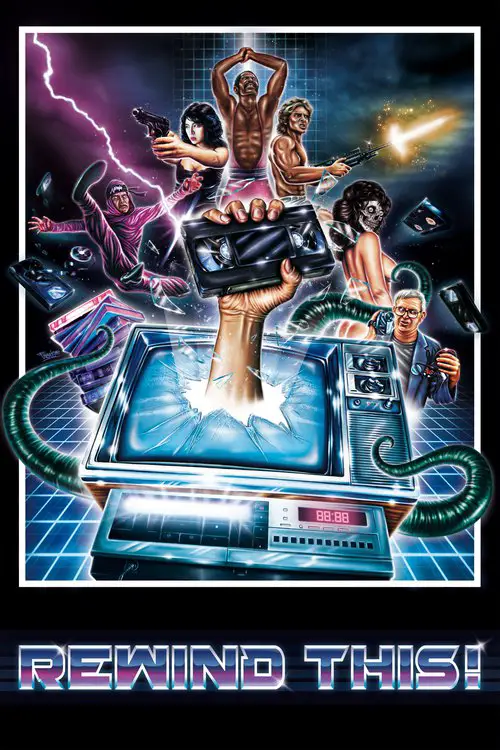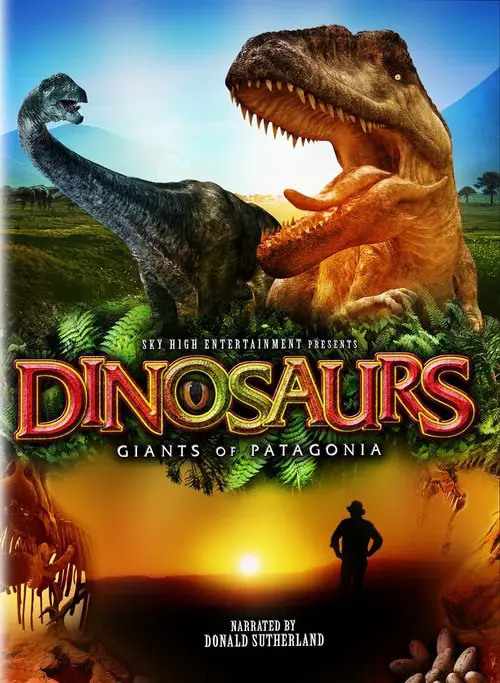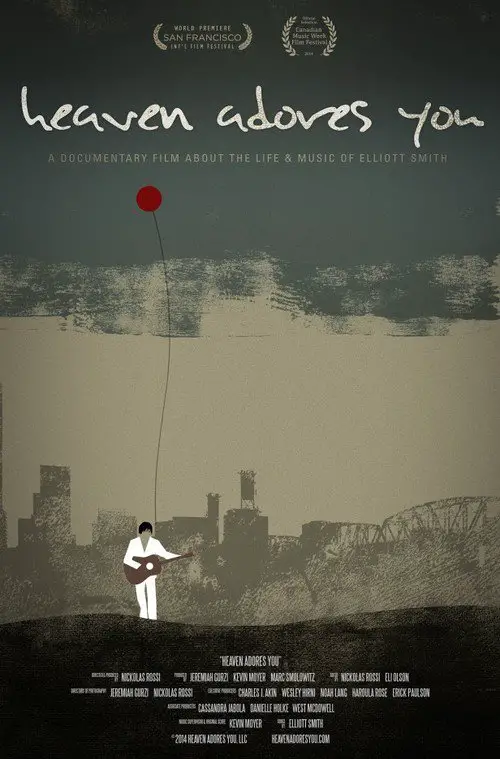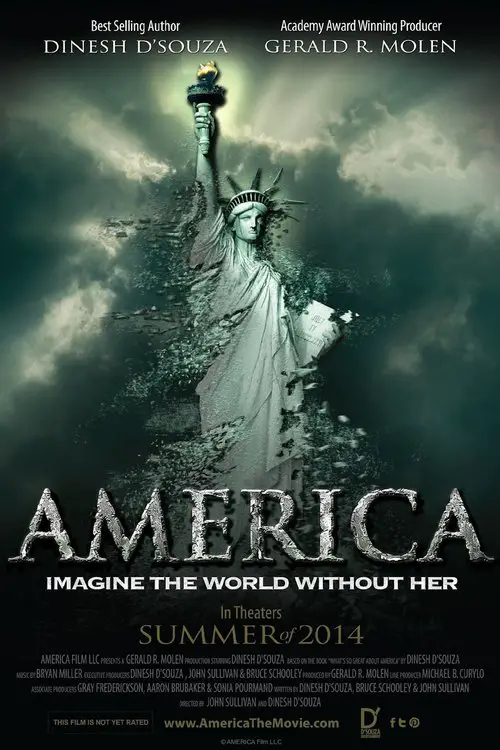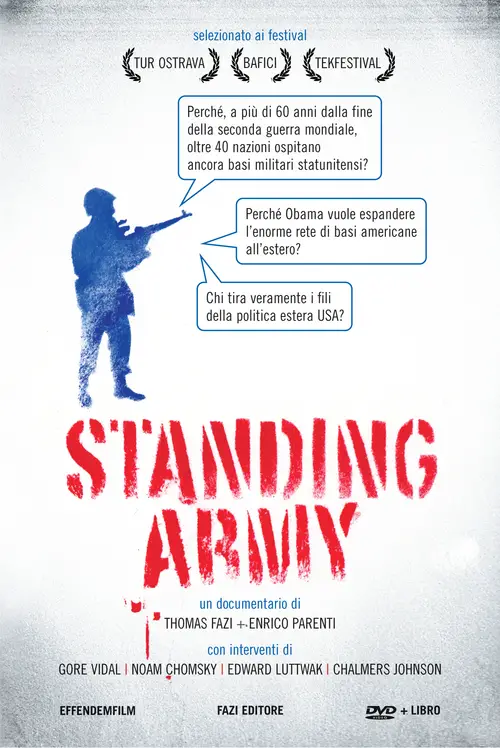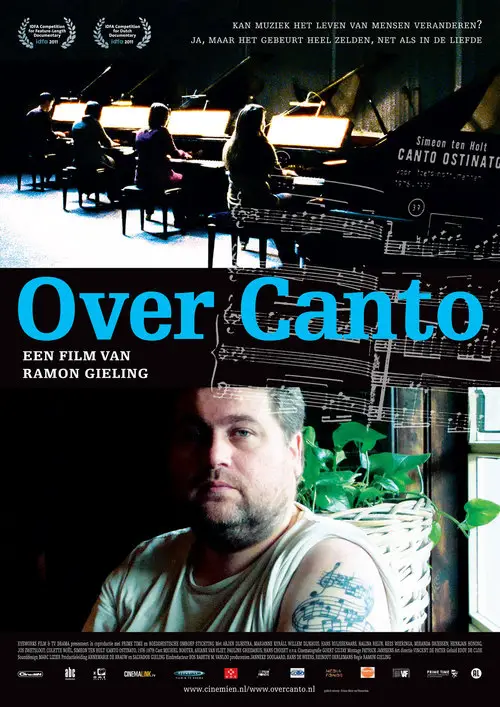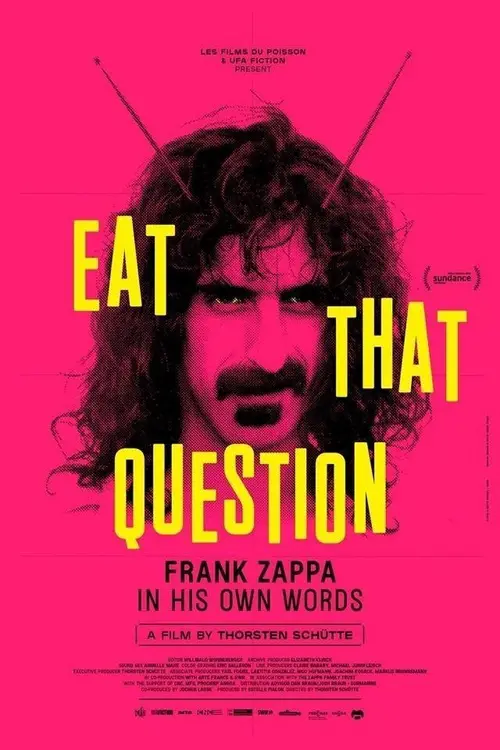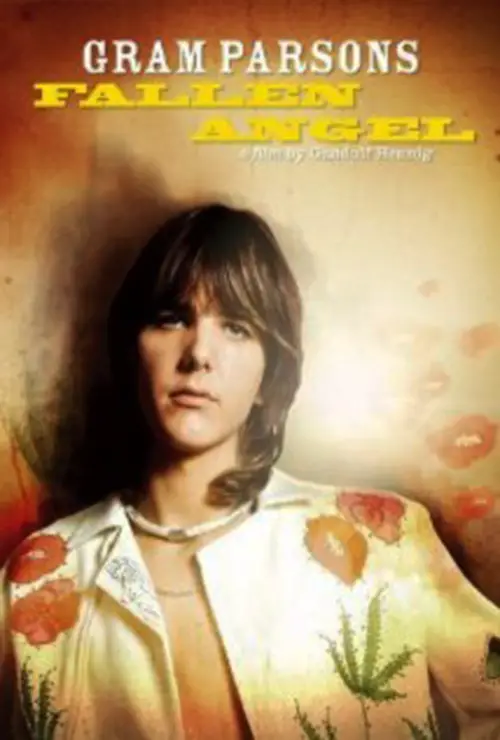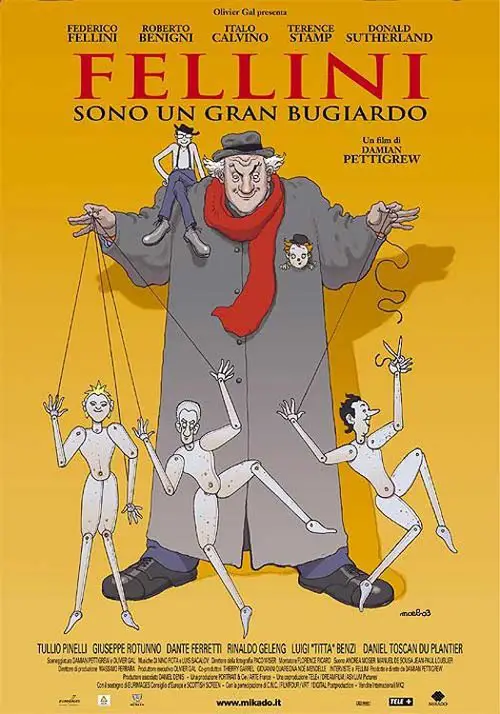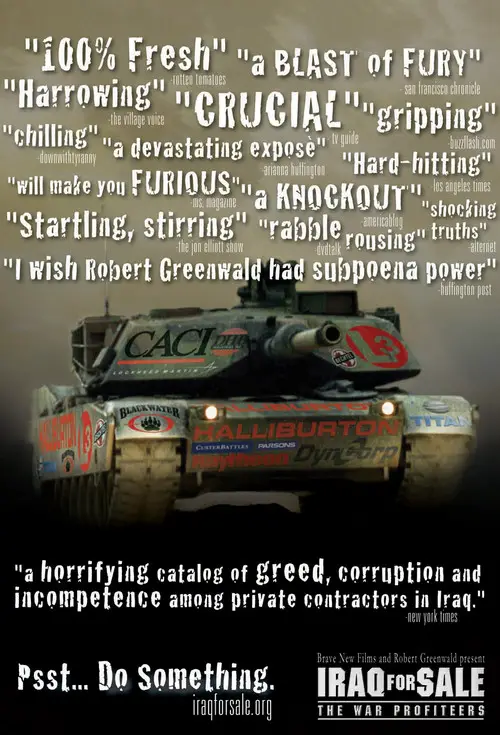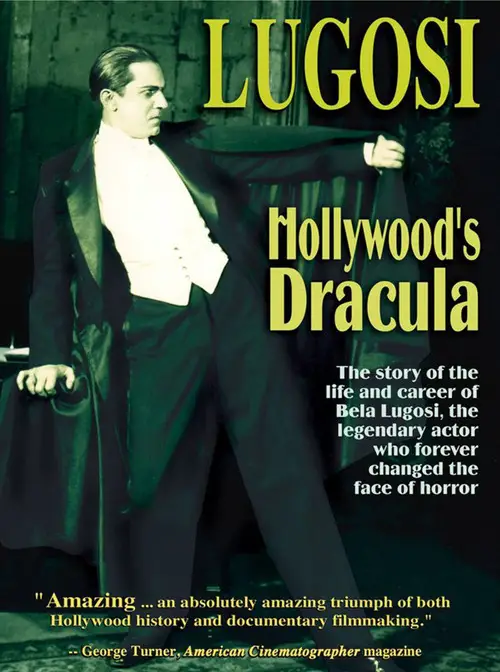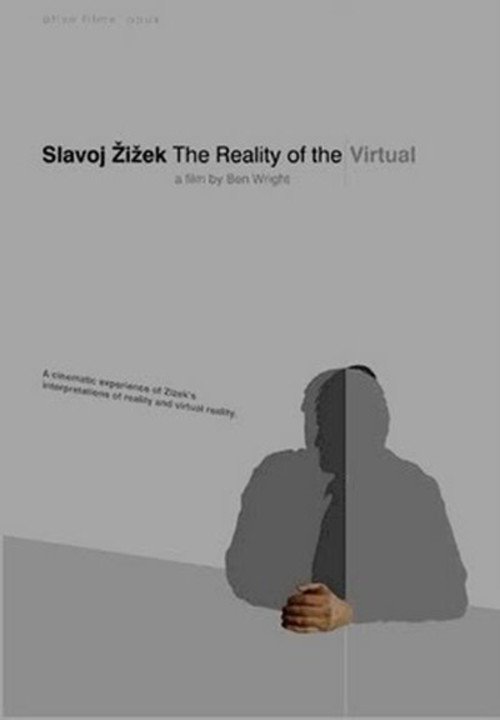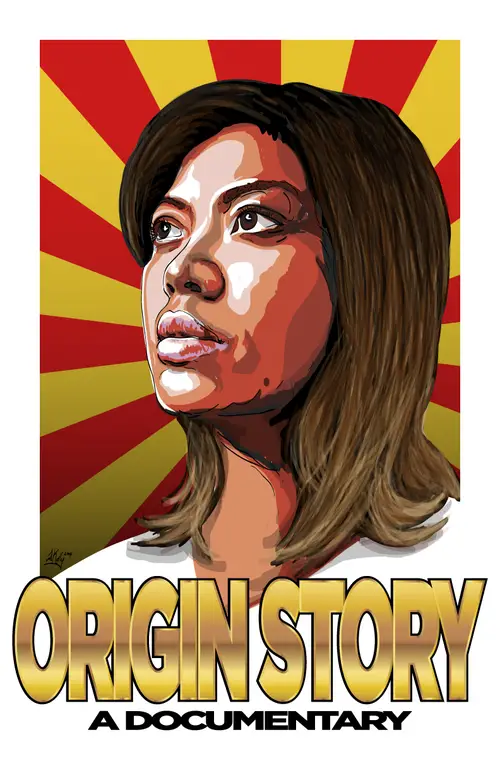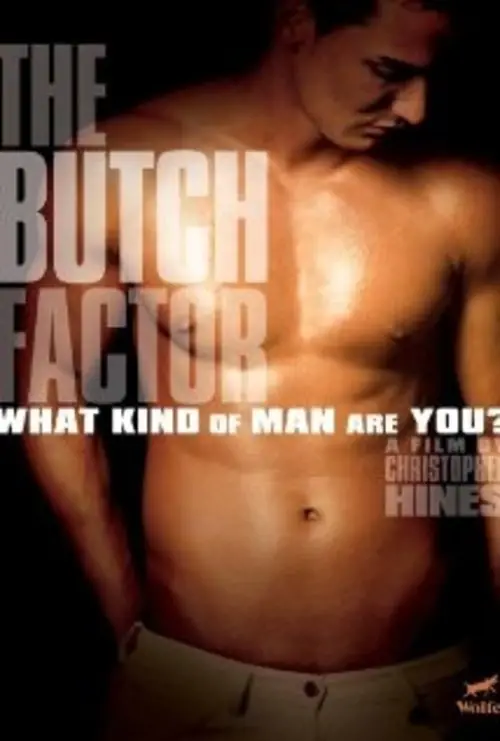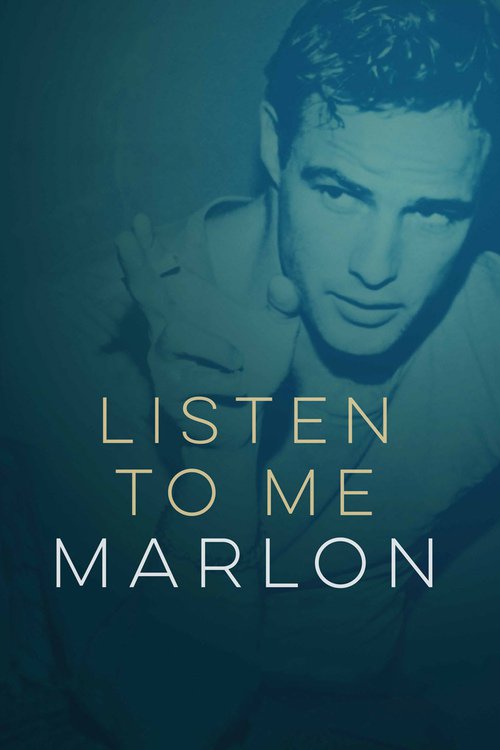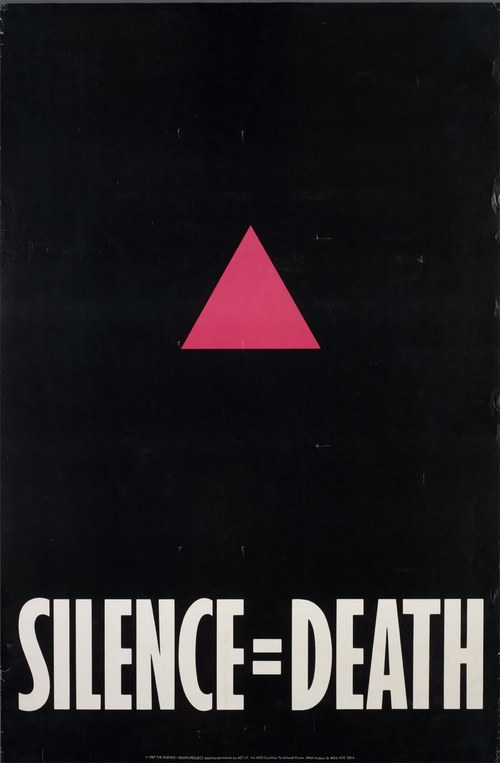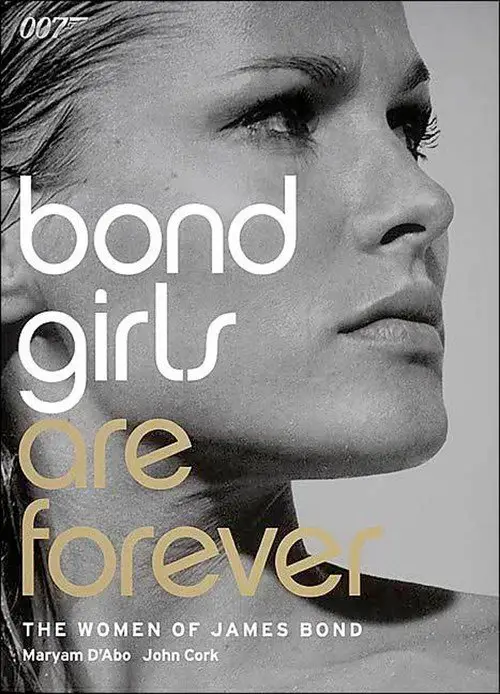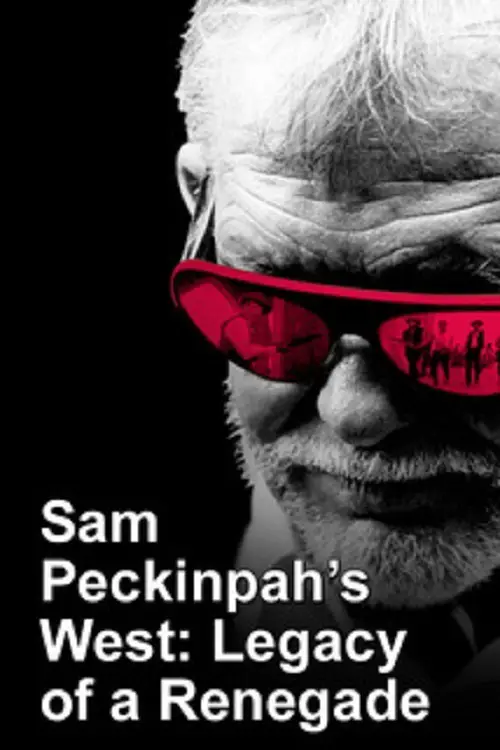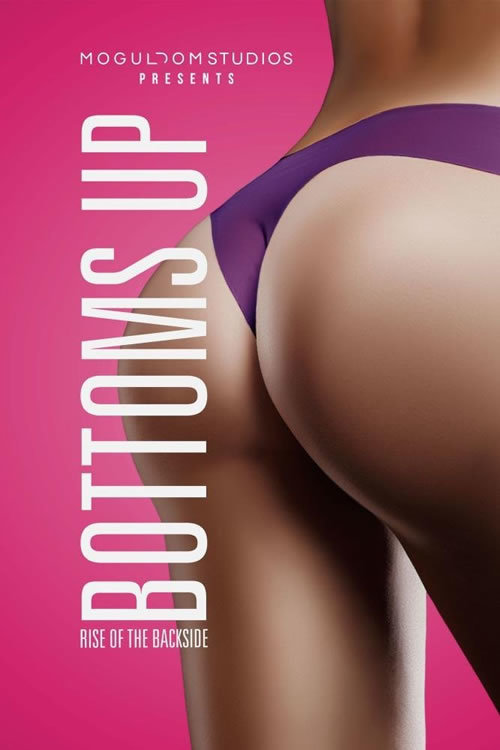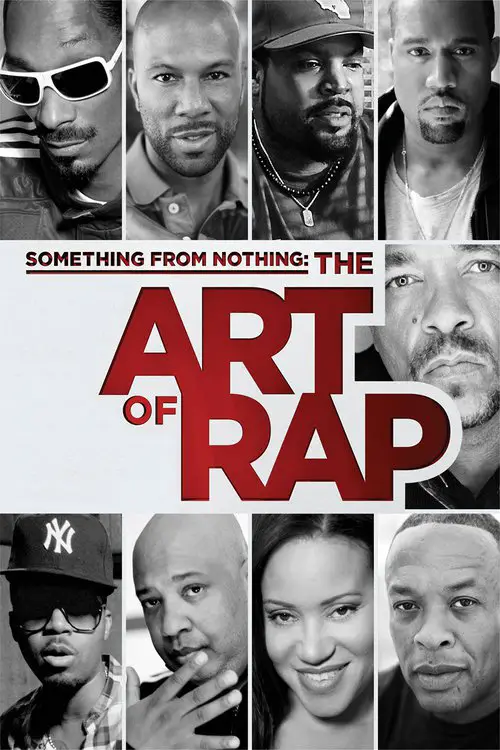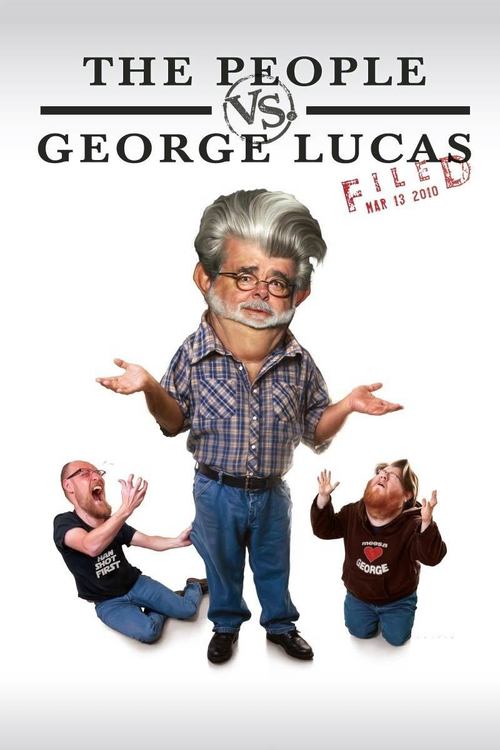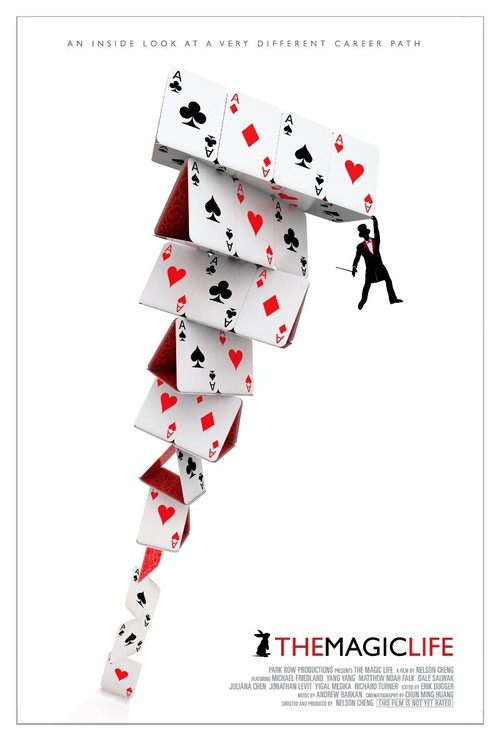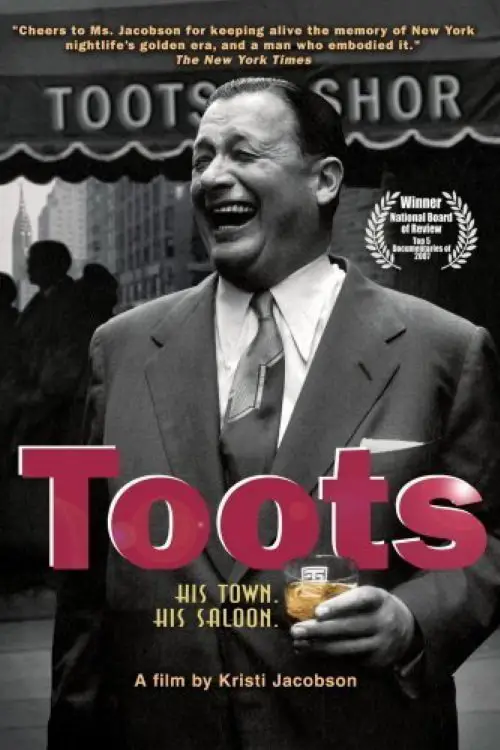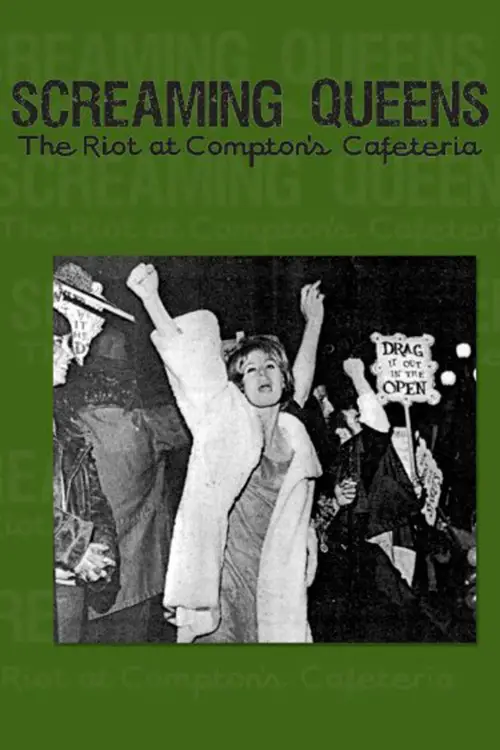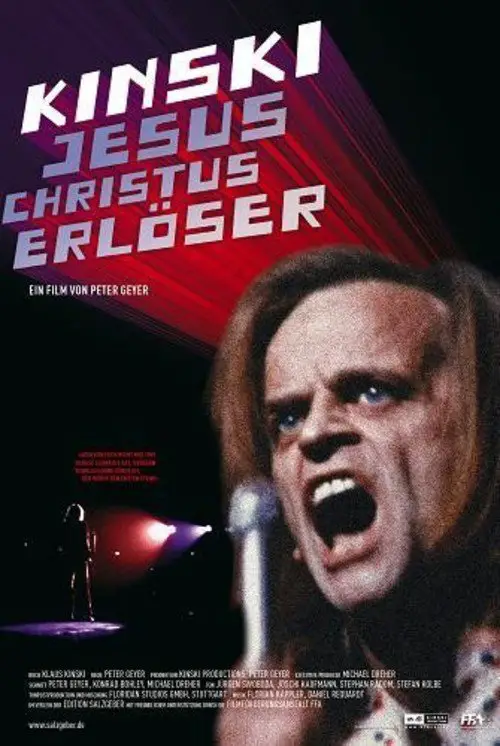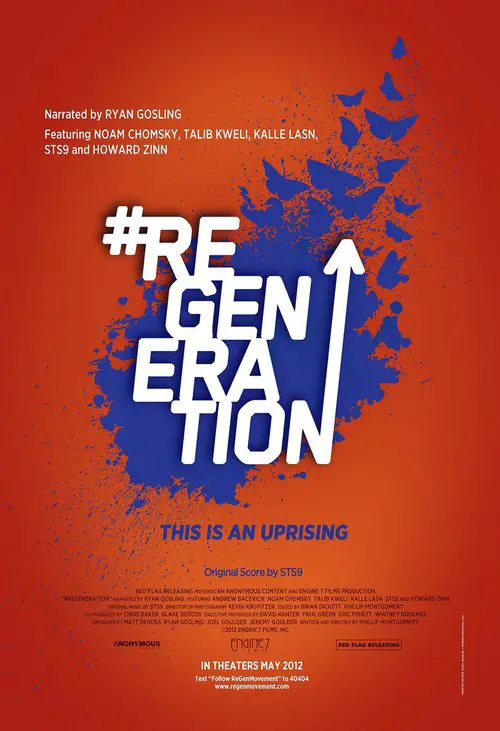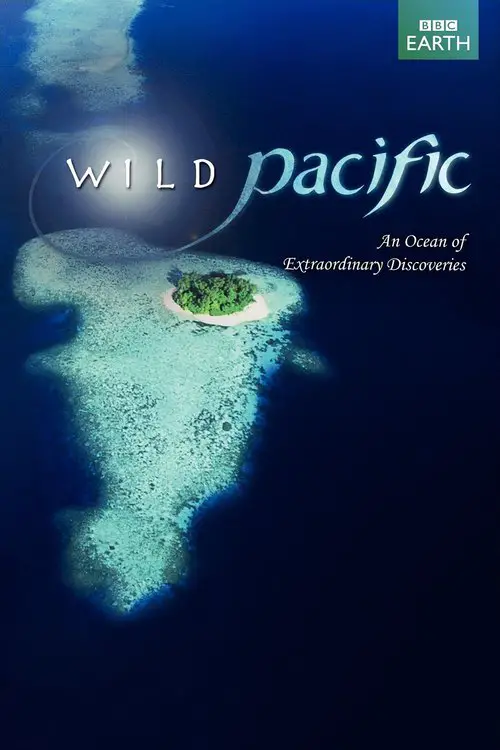Shannon Street: Echoes Under a Blood Red Moon (2017)
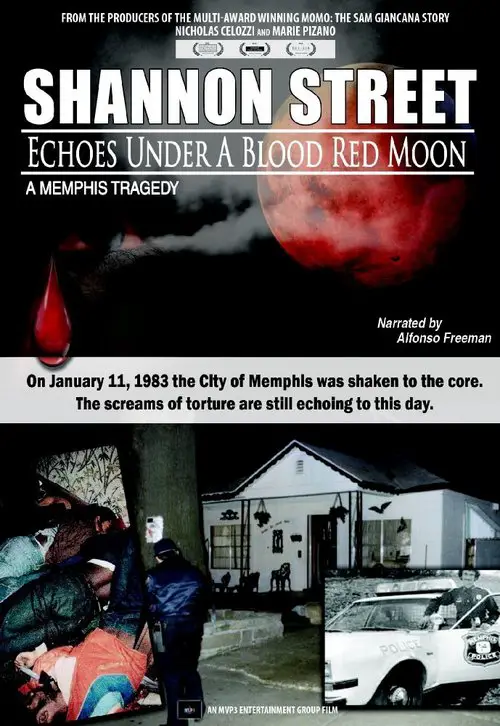
Similar movies
'We Were Here' is the first film to take a deep and reflective look back at the arrival and impact of AIDS in San Francisco, and how the City's inhabitants dealt with that unprecedented calamity. It explores what was not so easy to discern in the midst of it all - the parallel histories of suffering and loss, and of community coalescence and empowerment.
Imagine an ocean without fish. Imagine your meals without seafood. Imagine the global consequences. This is the future if we do not stop, think and act.In the film we see firsthand the effects of our global love affair with fish as food.It examines the imminent extinction of bluefin tuna, brought on by increasing western demand for sushi; the impact on marine life resulting in huge overpopulation of jellyfish; and the profound implications of a future world with no fish that would bring certain mass starvation.Filmed over two years, The End of the Line follows the investigative reporter Charles Clover as he confronts politicians and celebrity restaurateurs, who exhibit little regard for the damage they are doing to the oceans.Filmed across the world â from the Straits of Gibraltar to the coasts of Senegal and Alaska to the Tokyo fish market â featuring top scientists, indigenous fishermen and fisheries enforcement officials, The End of the Line is a wake-up call to the world.
With the epic dimensions of a Shakespearean tragedy, The Queen of Versailles follows billionaires Jackie and Davidâs rags-to-riches story to uncover the innate virtues and flaws of their American dream. We open on the triumphant construction of the biggest house in America, a sprawling, 90,000-square-foot mansion inspired by Versailles. Since a booming time-share business built on the real-estate bubble is financing it, the economic crisis brings progress to a halt and seals the fate of its owners. We witness the impact of this turn of fortune over the next two years in a riveting film fraught with delusion, denial, and self-effacing humor.
An outcast in his community, Farmer John bravely stands amidst a failing economy, vicious rumors, and violence. By melding the traditions of family farming with the power of art and free expression, this powerful story of transformation and renewal heralds a resurrection of farming in America. Through highly personal interviews and 50 years of beautifully textured footage, filmmaker Taggart Siegel shares Farmer Johnâs haunting and humorous odyssey, capturing what it means to be wildly different in a rural community.
Der Sieg des Glaubens (English: Victory of Faith) (1933) is the first documentary film directed by Leni Riefenstahl, who was hired despite opposition from Nazi officials that resented employing a woman â and a non-Party member too. Her film recounts the Fifth Party Rally of the Nazi Party, which occurred in Nuremberg from 30 August to 3 September 1933.
Affectionate portrait of Tim "Speed" Levitch, a tour guide for Manhattan's Gray Line double-decker buses. He talks fast, is in love with the city, and dispenses historical facts, architectural analysis, and philosophical musings in equal measures. He's reflective and funny about cruising: he loves it, got in it to meet women, and he'd quit work if he could. His personal life is disclosed in small
10 on Ten is a 2004 Iranian documentary film directed by Abbas Kiarostami. It was screened in the Un Certain Regard section at the 2004 Cannes Film Festival. Looking to his own art for inspiration, Abbas Kiarostami reflects on his techniques of filming and how he taped certain sequences in Ten in 2001.
Heinz Bütler interviews Henri Cartier-Bresson (1908-2004) late in life. Cartier-Bresson pulls out photographs, comments briefly, and holds them up to Bütler's camera. A few others share observations, including Isabelle Huppert, Arthur Miller, and Josef Koudelka. Cartier-Bresson talks about his travels, including Mexico in the 1930s, imprisonment during World War II, being with Gandhi moments before his assassination, and returning to sketching late in life. He shows us examples. He talks about becoming and being a photographer, about composition, and about some of his secrets to capture the moment.
Slacker Uprising is a movie of Michael Moore's tour of colleges in swing states during the 2004 election, with a goal to encourage 18â29 year olds to vote, and the response it received. The film is a re-edited version of Captain Mike Across America, which played at the Toronto International Film Festival in 2007. It is one of the first feature length films made by a known director to be released as a free and legal download online. The free download is only available to those residing in the United States and Canada. The film was also made available free for online viewing and download on the Lycos Cinema platform as well as iTunes and blip.tv. It had a one-night-only run at the Michigan Theater, where Michael Moore spoke briefly. The film is available in DVD format. Slacker Uprising features live performances or appearances by Eddie Vedder, Roseanne Barr, Joan Baez, Tom Morello, R.E.M., Steve Earle, and Viggo Mortensen. The original score is by Anti-Flag.
Twenty years ago, Kurt Cobain was found dead of an apparent gunshot wound to the head. The world was told it was a suicide, but evidence would lead many people to believe it might be otherwise. The film investigates the possibilities that exist that Kurt Cobain's death might not have been a suicide, that the Seattle Police Department rushed their verdict, and the global media perpetuated lies and misinformation fed to them by Courtney Love that created the belief in many that Cobain killed himself, but when revealed to be lies, lead many to now question what happened.
The film in a charming and original way compares the first ascent to the first free-climb ascent of the Face of Sphinx, located in the most prominent part of the North Face Triglav. The aesthetic and breathtaking footage present beautiful and powerful environment of the Slovenian national symbol, with the mystical Sphinx at the forefront and all four protagonists of the two crucial ascents, which are separated by a period of three decades. The central story tells us that the Sphinx does not want that the climbers to solve her riddle, taken from her famous question: 'Who walks in the morning on four, at moon on two and in the evening on three (legs)?'
Eight North American men, two African American, two Latinos, two Asian American and two Caucasian, were gathered by director Lee Mun Wah for a dialog about the state of race relations in America as seen through their eyes. The exchanges are sometimes dramatic, and put in plain light the pain caused by racism in North America.
In GLOBAL METAL, directors Scot McFadyen and Sam Dunn set out to discover how the West's most maligned musical genre - heavy metal - has impacted the world's cultures beyond Europe and North America. The film follows metal fan and anthropologist Sam Dunn on a whirlwind journey through Asia, South America and the Middle East as he explores the underbelly of the world's emerging extreme music scenes; from Indonesian death metal to Chinese black metal to Iranian thrash metal. GLOBAL METAL reveals a worldwide community of metalheads who aren't just absorbing metal from the West - they're transforming it - creating a new form of cultural expression in societies dominated by conflict, corruption and mass-consumerism.
The amazing true story of civil rights pioneer Joan Trumpauer Mulholland, An Ordinary Hero is directed by award-winning filmmaker Loki Mulholland, who captures his mother's story and learns about her courage and the role she played in changing American history. As a white girl growing up in the South, Joan witnessed the ugly realities of segregation and racism firsthand and vowed to one day change it. By the time she was 19, she had already joined the Freedom Riders and participated in over three dozen sit-ins and protests. Despite being attacked by angry mobs, put on death row in the notorious Parchman Penitentiary, and coming face-to-face with the KKK, Joan never wavered from her belief that we are all created equal.
In only 15 minutes with some 30 people Jane Elliott manages to build up a realistic microcosmos of society today with all its phenomena and feelings. As already known from the ill reputed Milgram experiment, even participants who knew the "rules" are unable to remain uninvolved. What starts as a game turns into cruel reality which causes some participants' emotions to erupt with unforeseen intensity
From the team behind Man on Wire comes the story of Nim, the chimpanzee who in the 1970s became the focus of a landmark experiment which aimed to show that an ape could learn to communicate with language if raised and nurtured like a human child. Following Nim's extraordinary journey through human society, and the enduring impact he makes on the people he meets along the way, the film is an unflinching and unsentimental biography of an animal we tried to make human. What we learn about his true nature - and indeed our own - is comic, revealing and profoundly unsettling.
This film recounts the history and attitudes of the opposing sides of the Vietnam War using archival news footage as well as their own film and interviews. A key theme is how attitudes of American racism and self-righteousness militarism helped create and prolong this bloody conflict. The film also endeaveors to give voice to the Vietnamese people themselves as to how the war has affected them and their reasons why they fight the United States and other western powers while showing the basic humanity of the people that US propaganda tried to dismiss.
American Boy: A Profile of Steven Prince is a 1978 documentary directed by Martin Scorsese. Its subject is Scorsese's friend Steven Prince, best known for his small role as Easy Andy, the gun salesman in Taxi Driver. Prince is a raconteur telling stories about his life as an ex-drug addict and a road manager for Neil Diamond. Scorsese intersperses home movies of Prince as a child as he talks about his family. When talking of his years as a heroin addict, Prince tells a story about injecting adrenaline into the heart of a woman who overdosed, with the help of a medical dictionary and a Magic Marker. This story was re-enacted by Quentin Tarantino in his screenplay for Pulp Fiction. Prince also tells a story about his days working at a gas station, and having to shoot a man he caught stealing tires, after the man pulled out a knife and tried to attack him. This story was retold in the Richard Linklater film Waking Life.
If it weren't for a series of cataclysmic events, a comet impact being first on the list, our planet could well still be the domain of dinosaurs. Following Pr Rodolfo Coria, a world-reknown Argentinian paleontologist, we visit sites of major discoveries he has contributed to in Patagonia and travel back in time to see these amazing beasts come to life in 3D...
Heaven Adores You is an intimate, meditative inquiry into the life and music of Elliott Smith. By threading the music of Elliott Smith through the dense, yet often isolating landscapes of the three major cities he lived in -- Portland, New York City, Los Angeles -- Heaven Adores You presents a visual journey and an earnest review of the singer's prolific songwriting and the impact it continues to have on fans, friends, and fellow musicians.
This third installment focuses largely on serial killers, with lengthy re-enactments of police investigations of bodies being found in a dumpster, and a staged courtroom sequence with Schwartz again making a cameo appearance as the serial killer on trial for raping and murdering a girl, allegedly captured on video. Schwartz has identified the girl allegedly killed in the video as his then girlfriend, who he claims was a willing participant.
Political commentator, author and filmmaker Dinesh D'Souza puts forth the notion that America's history is being replaced by another version in which plunder and exploitation are the defining characteristics. D'Souza also posits that the way the country understands the past will determine the future. Using historic re-enactments, D'Souza explores the lives and sacrifices of some of America's greatest heroes, including George Washington and Frederick Douglass.
Since the invention of cinema, the standard format for recording moving images has been film. Over the past two decades, a new form of digital filmmaking has emerged, creating a groundbreaking evolution in the medium. Keanu Reeves explores the development of cinema and the impact of digital filmmaking via in-depth interviews with Hollywood masters, such as James Cameron, David Fincher, David Lynch, Christopher Nolan, Martin Scorsese, George Lucas, Steven Soderbergh, and many more.
This film examines how media empires, led by Rupert Murdoch's Fox News, have been running a "race to the bottom" in television news, and provides an in-depth look at Fox News and the dangerous impact on society when a broad swath of media is controlled by one person. Media experts, including Jeff Cohen (FAIR) Bob McChesney (Free Press), Chellie Pingree (Common Cause), Jeff Chester (Center for Digital Democracy) and David Brock (Media Matters) provide context and guidance for the story of Fox News and its effect on society. This documentary also reveals the secrets of Former Fox news producers, reporters, bookers and writers who expose what it's like to work for Fox News. These former Fox employees talk about how they were forced to push a "right-wing" point of view or risk their jobs. Some have even chosen to remain anonymous in order to protect their current livelihoods. As one employee said "There's no sense of integrity as far as having a line that can't be crossed."
Dutch composer Simeon ten Holt achieved worldwide renown in 1979, when his work for four pianos Canto Ostinato was first performed. Although some music experts viewed it with disdain - it broke with prevailing notions of serialism and tonality - the piece was a huge hit in the contemporary classical music world. In the years since, numerous musicians have released their recordings of Canto, and it is still being performed around the world. Director Ramon Gieling interviewed a large number of people about the sometimes far-reaching impact this composition has had on their lives. One interviewee tells of how Canto was the soundtrack to the birth of her son; another has a section of the score tattooed on his arm. Gieling seeks to unravel the mystery of the universal power of music, and his blend of documentary footage, fiction, essays and archive material produces a multifaceted response to the question of just what it is about this piece that touches people so deeply.
Thorsten Schütteâs film is a sharply edited and energetic celebration of Zappa through his public persona, allowing us to witness his shifting relationship with audiences. Utilizing potent TV interviews and many forgotten performances from his 30-year career, we are immersed into the musicianâs world while experiencing two distinct facets of his complex character. At once Zappa was both a charismatic composer who reveled in the joy of performing and, in the next moment, a fiercely intelligent and brutally honest interviewee whose convictions only got stronger as his career ascended.
On September 19, 1973, the musician and heir to a million-dollar fortune died under the influence of drugs and alcohol near his favourite place - the Joshua Tree National Monument in the Californian desert. As the founder of the Flying Burrito Brothers, a member of the hit-making, legendary Byrds, an important influence on the Rolling Stones and the man who catapulted Emmylou Harris to fame, Gram Parsons made music history in only a few years. Friends, contemporaries and devotees of Gram Parsons talk about the importance of his work and the bizarre circumstances of his early death. Rare footage of his performances shows why Gram Parsons has become a legend. Interviewees include Gram's wife Gretchen, his sister and his daughter, Keith Richards, Emmylou Harris, Chris Hillman and "Road Manager" Phil Kaufman.
A look at Fellini's creative process. In extensive interviews, Fellini talks a bit about his background and then discusses how he works and how he creates. Several actors, a producer, a writer, and a production manager talk about working with Fellini. Archive footage of Fellini and others on the set plus clips from his films provide commentary and illustration for the points interviewees make. Fellini is fully in charge; actors call themselves puppets. He dismisses improvisation and calls for "availability." His sets and his films create images that look like reality but are not; we see the differences and the results.
Documentary portraying the actions of U.S. corporate contractors in the U.S.-Iraq war. Interviews with employees and former employees of such companies as Halliburton, CACI, and KBR suggest that government cronyism is behind apparent "sweetheart" deals that give such contractors enormous freedom to profit from supplying support and material to American troops while providing little oversight. Survivors of employees who were killed discuss the claim that the companies cared more for profit than for the welfare of their own workers, and soldiers indicate that the quality of services provided is sub-standard and severely in contradiction to the comparatively huge profits being generated. Also depicted are the unsuccessful attempts by the filmmakers to get company spokesmen to respond to the charges made by the interviewees.
Lugosi: Hollywood's Dracula uncovers the life and career of legendary actor Bela Lugosi, examining his early life in Hungary and Germany through his Hollywood successes and eventual decline. The film features a vast array of never-before-seen footage of the actor, ranging from remains of his 1918 film Struggle for Life to behind-the-scenes home movies on the set of RKO Studios. Lugosi is peppered with dozens of rare films clips and photographs, with the story itself coming to life thanks to the vast array of on-camera interviewees.
In this tour de force filmed lecture, Slavoj Žižek lucidly and compellingly reflects on belief - which takes him from Father Christmas to democracy - and on the various forms that belief takes, drawing on Lacanian categories of thought. In a radical dismissal of todays so called post-political era, he mobilizes the paradox of universal truth urging us to dare to enact the impossible. It is a characteristic virtuoso performance, moving promiscuously from subject to subject but keeping the larger argument in view.
When Kulap Vilaysack was 14, she took her father's side in an argument and her mother replied, "Why are you defending him? He's not your real dad." Twenty years later, she's finally ready to learn what that means. ORIGIN STORY is a feature-length, international quest with stops in Los Angeles, Minnesota, and Laos to meet the biological father she never knew. On the road, unforeseen revelations strike as hilarious or heartbreaking, rarely in between. An avid comic book reader with a vigilante character named after her in the DC Comics universe, she must summon the courage of Katharsis, because each question is another step out on a limb. ORIGIN STORY is a deeply personal but universally relevant tale of immigration, conflict, addiction, and personal responsibility. Interviewees in the film include extended family, husband Scott Aukerman, and close friends, like Sarah Silverman, Casey Wilson, June Diane Raphael and Howard Kremer.
What does mean to be gay and be a man? There's no straight answer for sure. From the Castro culture of the 1970s to todayâs Bears and gym rats, this fascinating investigation of gay men and sexuality blows the lid off old stereotypes and showcases a battalion of interviewees including muscle men, rodeo riders, rugby players and cops. The men speak candidly on topics from homophobia to metrosexuality to embracing effeminacy as they reveal what it means to be a gay man in America today.
With exclusive access to his extraordinary unseen and unheard personal archive including hundreds of hours of audio recorded over the course of his life, this is the definitive Marlon Brando cinema documentary. Charting his exceptional career as an actor and his extraordinary life away from the stage and screen with Brando himself as your guide, the film will fully explore the complexities of the man by telling the story uniquely from Marlon's perspective, entirely in his own voice. No talking heads, no interviewees, just Brando on Brando and life.
Silence = Death is a 1990 documentary film directed, written and produced by Rosa von Praunheim. The film centers on the response of some New York City's artist to the AIDS epidemic. Interviewees includes East Village artist David Wojnarowicz, poet Allen Ginsberg, artists Keith Haring, Peter Kunz, Bern Boyle and many others. It is the first part of von Praunheim and Phil Zwicklerâs trilogy about AIDS and activism it was followed by Positive (the third part, about the Aids epidemic in Germany, was never released).
Through vintage film clips of past Bond movie epics, and with the participation of several former "Bond Girls" as interviewees (among them Dr. No's Ursula Andress and Diamonds Are Forever's Jill St. John), the documentary traced the evolution of the typical James Bond heroine from decorative damsel in distress to gutsy (but still decorative) participant in the action.
Spattered with blood and controversy, Sam Peckinpah's Westerns revolutionized their genre. SAM PECKINPAH'S WEST: LEGACY OF A HOLLYWOOD RENEGADE goes in search of the man behind these legendary films. Through a poignant array of film clips and rare interviews, the documentary reveals a tortured artist whose genius and demons changed the Western forever. Interviewees include actor/director Billy Bob Thornton, Benicio Del Toro, Paul Schrader, film critic Roger Ebert, actors who worked with Peckinpah such as Harry Dean Stanton, Stella Stevens, L.Q. Jones and others. The personal side of Peckinpah will feature interviews with family members, sister Fern Lee, son Mathew Peckinpah, plus exclusive home movies and photos.
On the surface, âBottoms Upâ is a documentary film that examines the newest booming trend in aesthetic surgery â big butts. Placed under a microscope, the film explores the mediaâs impact and other societal pressures that have propelled big butts from a cult fetish to a mainstream phenomenon.
SOMETHING FROM NOTHING: THE ART OF RAP is a feature length performance documentary about the runaway juggernaut that is Rap music. At the wheel of this unstoppable beast is the film's director and interviewer Ice-T. Taking us on a deeply personal journey Ice-T uncovers how this music of the street has grown to dominate the world. Along the way Ice-T meets a whole spectrum of Hip-Hop talent, from founders, to new faces, to the global superstars like Eminem, Dr Dre, Snoop Dogg and Kanye West. He exposes the roots and history of Rap and then, through meeting many of its most famous protagonists, studies the living mechanism of the music to reveal 'The Art Of Rap'. This extraordinary film features unique performances from the entire cast, without resorting to archive material, to build a fresh and surprising take on the phenomenon that is Rap.
The passion the original Star Wars trilogy inspires in its fans is unparalleled; but when it comes to George Lucas himself, many have found their ardor has cooled into a complicated love-hate relationship. This hilarious, heartfelt documentary delves deep into Lucasâs cultural legacy, asking all the tough questions. Has Lucas betrayed his masterwork? Should he just have left the original trilogy alone? Is The Phantom Menace so bad it should carry a health warning? Utilizing interviews taken from over 600 hours of footage, and peppered with extraordinary Star Wars and Indiana Jones recreations lovingly immortalized in song, needlepoint, Lego, claymation, puppets and paper-mâché, above all this film asks the question: who truly owns that galaxy far, far awayâthe man who created it, or the fans who worship it?
Using archival footage, United States Cabinet conversation recordings, and an interview of the eighty-five-year-old Robert McNamara, 'The Fog of War' depicts his life, from working as a WWII Whiz Kid military officer, to being the Ford Motor Company's president, to managing the American Vietnam War, as defense secretary for presidents Kennedy and Johnson.
"The Magic Life" chronicles the journey of three magician hopefuls: a 17-year-old from Beijing who travels to the U.S. to attend magic school, a 25-year-old trying to make rent by performing on Hollywood Blvd for tips, and a 32-year-old New York University MBA graduate who moves to Los Angeles to perform at the world famous Magic Castle. The film depicts the challenges of following an unconventional career path. Forget about parents, family, or friends who may not understand or support your choices - there's almost an invisible societal pressure in terms of what types of jobs are acceptable. "The Magic Life" is about those who are willing to risk everything to take the road not normally taken. Sometimes the risk pays off, sometimes it doesn't.
The '40s and '50s were a classic period in New York City nightlife, when the saloonkeeper was king and regular folks could drink with celebrities like Frank Sinatra and Jackie Gleason. In this documentary, Kristi Jacobson profiles her grandfather, the king of kings: Toots Shor of the eponymous restaurant and saloon, which was once the place to be seen in Manhattan.
This documentary follows superstar Bret Hart during his last year in the WWF. The film documents the tensions that resulted in The Montreal Screwjob, one of the most controversial events in the history of professional wrestling, in which Vince McMahon, Shawn Micheals, and others, legitimately conspired behind the scenes to go against the script and remove Bret Hart as champion.
The first major uprising against police brutality, harassment, and societal oppression was not at Stonewall in 1969, but at Compton's Cafeteria in San Francisco three years earlier. Those who stood up were trans women and gay men. Now, nearly 40 years on, Susan Stryker and Victor Silverman tell the story of this oft-overlooked event in the history of American civil rights.
Klaus Kinski has perhaps the most ferocious reputation of all screen actors: his volatility was documented to electrifying effect in Werner Herzogâs 1999 portrait My Best Fiend. This documentary provides further fascinating insight into the talent and the tantrums of the great man. Beset by hecklers, Kinski tries to deliver an epic monologue about the life of Christ (with whom he perhaps identifies a little too closely). The performance becomes a stand-off, as Kinski fights for control of the crowd and alters the words to bait his tormentors. Indispensable for Kinski fans, and a riveting introduction for newcomers, this is a unique document, which Variety called âa time capsule of societal ideals and personal demons.â
TURTLE: THE INCREDIBLE JOURNEY is the story of a little loggerhead turtle, as she follows in the path of her ancestors on one of the most extraordinary journeys in the natural world. Born on a beach in Florida, she rides the Gulf Stream up towards the Arctic and ultimately swims around the entire North Atlantic across to Africa and back to the beach where she was born. But the odds are stacked against her; just one in ten thousand turtles survive the journey. She faces many hazards, her siblings are lost in the doldrums of the Sargasso Sea, she comes face to face with creatures of the deep and nearly dies at the hands of fishermen. She travels up north but she drifts from her life current, the Gulf Stream, into dangerously cold waters.
A documentary series on life in and adapted to the conditions of the Southern part of the Pacific Ocean, a vast aquatic region with an unequaled number of islands. Both wildlife and human cultures developed in a unique variety, largely determined by such natural conditions as huge distances, sea depths, currents and winds.
In this remarkable documentary, Noam Chomsky offers a riveting but devastating critique of America's current war on terror arguing, in fact, that it is a logistical impossibility for such a war to be taking place. Professor Chomsky presents his reasoning with astonishing and refreshing clarity, drawing from a wealth of historical knowledge and analysis. "Only those who are entirely ignorant of modern history will be surprised by the course of events, or by the justifications that are provided..."
© Valossa 2015–2026
| Privacy Policy
